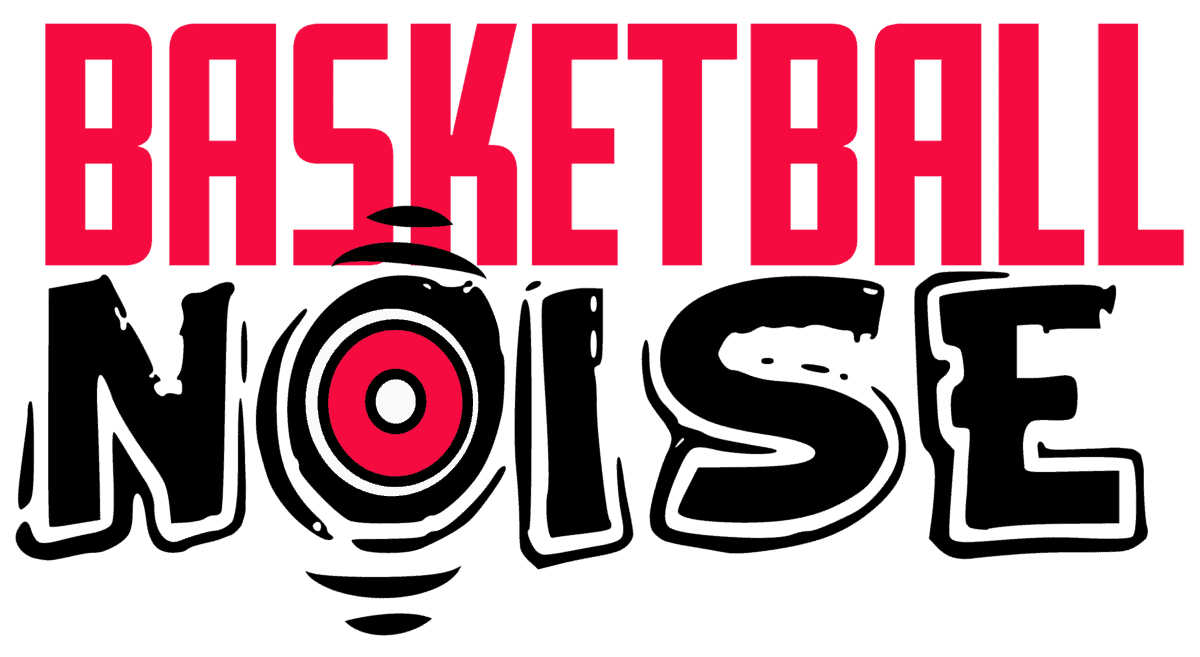Yes, the NBA has what is known as a Soft Salary Cap. A “soft cap” in the sport is a salary cap that permits teams to exceed their Salary Cap under specific conditions.
Each season, the NBA’s soft Cap is set at a specific number, and clubs cannot exceed that amount via signing free agents or making deals. NBA Teams can exceed the Salary Cap to retain the services of players already on their roster. This is what makes the NBA a Soft Salary Cap League.

Several exceptions, however, enable clubs to exceed the Salary Cap. Teams may therefore sign players to contracts that exceed the Cap (“Bird rights”), sign players to minimum or veteran minimum contracts, and sign players under the mid-level or bi-annual exemption. However, a club will face luxury tax penalties if it exceeds the Cap. The luxury tax is an extra tax applied on clubs that spend more than a set amount over the wage limit. The luxury tax amount determines how much a club exceeds the Cap, and the financial penalties may be severe.
Salary caps and soft caps are permissible in the NBA, they are negotiated as part of the collective bargaining agreement between the league and the players’ union. The goal of the Cap is to create a competitive balance by limiting clubs from overpaying on talent acquisition and guaranteeing that smaller-market teams can compete with larger-market teams. The luxury tax ensures that if a team does want to spend big to secure their roster and have a great shot at winning a title, it won’t be cheap. The majority of any money brought in by the Luxury Tax is shared out between the teams that stayed under the cap that season.
NBA Teams – Exceptions and Processes
NBA clubs may evaluate their salary limit by using the numerous exceptions and processes provided by the league’s collective bargaining agreement. Below, certain of these exclusions are detailed.
- Bird Rights: Teams may pay more than the salary limit to re-sign free agents who have been with the Team for at least three seasons.
- Mid-Level Exemption: Teams may utilize this Exception to sign a player for a salary up to a certain amount, even if it exceeds the salary limit.
- Bi-Annual Exemption: Teams may utilize this Exception to sign a player for a salary up to a certain sum, but only once every two years.
- Teams may also exceed the salary limit by bringing in players who earn more than the players they sell.
The Designated Player Rule
Every NBA team may nominate one rookie for a designated player extension. This extension allows teams to offer this player a 5-year deal rather than the standard 4-year limit. A team’s roster may only have one designated player at any moment. Conversely, teams may sign a designated player from another club, giving them two.
The “Derrick Rose Rule,” as it was dubbed, specifies that a designated player may earn 30% of a team’s pay ceiling rather than the standard 25%. The player must first be picked to start in the All-Star game at least twice, then be named to an All-NBA team at least twice, and finally, win the MVP (Most Valuable Player) Award.
Only Derrick Rose (Chicago Bulls), Blake Griffin (LA Clippers), and Paul George have signed such a contract (Indiana Pacers). The NBA’s pay limit, on the other hand, is variable. As a result, the Soft Cap provides numerous exclusions to allow a club to sign a player, even if it means going over the Cap.
Excellence at the Mid-Level
Each club may use the MLE once every season to sign a player. The Team’s place in the Cap determines the contract amount and duration. In other words, teams without cap space but below the tax apron (not in luxury tax – The luxury tax is a penalty the NBA applies on clubs whose total team salary exceeds a certain amount. The luxury tax is meant to deter clubs from overpaying on player contracts and to promote team competitive balance.)
Outstanding Bird
They were named after Larry Bird, and the first player re-signed this way. The Bird Exception allows them to re-sign their players even if it means exceeding the salary cap. To be eligible, a player must have played three consecutive seasons without being discharged or transferring teams through free agency. When players are transferred or amnestied, their bird rights are transferred to the new club. Players with bird rights may be signed up for the maximum pay at any price.
Full bird privileges are not available to players claimed from waivers. They may, however, be qualified for the Early-Bird exemption. This Exception is a subset of the overall Bird Exception, and free agents may apply for it after just two years with their club. Teams may sign free agents for 175% of their previous season’s pay or the league’s average salary, whichever is higher.
Everybody Loves the NBA – Rules are there to Ensure Parity
Players will come and go, as will teams and coaches, but the NA will remain an institution in American basketball. The NBA’s rules and regulations must be followed, regardless of how good the Team or how iconic the player is. The NBA is widely available on TV and online, making it easy for fans to watch games and follow their favorite teams and players. The NBA has a global following, with fans from around the world tuning in to watch games.
This global appeal has helped to make basketball one of the most popular sports in the world. Overall, the NBA provides exciting, high-quality basketball, with star players and intense rivalries, making it an entertaining and engaging sport for fans. Salary and soft caps are both permissible in the NBA to ensure competitive balance and prevent clubs from overpaying to recruit talent, which might give wealthier teams an unfair edge over smaller-market teams.
